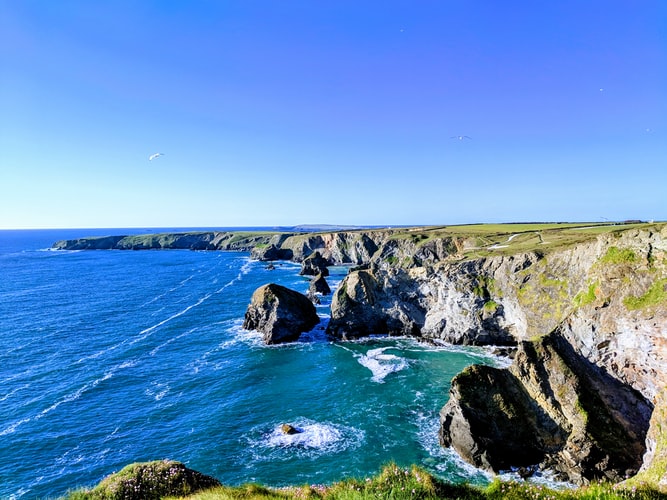
N4C welcomes ambitious action on nature by the G7 at a time when we are witnessing one of the fastest economic transitions ever known.
Thursday 10th June
N4C welcomes ambitious action on nature by the G7 at a time when we are witnessing one of the fastest economic transitions ever known. This year’s UK-hosted G7 meeting also comes ahead of two highly anticipated global Conference of the Parties -the CBD and UNFCCC. The importance of nature to financial and economic stability, as well as a thriving biosphere and planetary stability cannot be overstated. The World Economic Forum’s 2020 Global Risks Report ranks biodiversity loss and ecosystem collapse as one of the top five threats humanity will face in the next ten years.
Some $44 trillion of economic value generation – over half the world’s total GDP – is moderately or highly dependent on nature and its services. At the same time, we know that our actions over the next decade as signified by the UN Decade on Restoration, the SDG, UN Climate Agreement and the imperative to halt and reverse nature loss by 2030 will determine how we live and prosper for generations to come.
We need to ensure no more loss of critical ecosystems for the functioning of the greater Earth system. We need to secure all remaining intact natural ecosystems, preserve natural processes that remain and restore as much as we can. We need to acknowledge the opportunities in job creation too as addressing biodiversity loss through actions that are nature-positive is an opportunity for the global economy estimated to generate up to US$10.1 trillion in annual business value and create 395 million jobs by 2030.
We are encouraged by the G7 Finance Communique and recent signals of progress and momentum.
That said, the pandemic has demonstrated that we are all affected by shocks created by global systemic and institutional failures. We urge the G7 to stop investing in activities that harm the planet and to redirect current financial flows. As an example, more than half of tropical forests worldwide have been destroyed over the last 60 years. To meet net- zero and to be nature-positive we must reverse current deforestation trends. With 40 times more financial incentives to deforest than to keep forests standing and with a global funding gap of the order of $700 billion per year to fund biodiversity, we collectively face huge challenges.
There has never been more of an imperative to incorporate nature-positive recovery plans that support a resilient future for people, the planet and economic prosperity. Our world cannot continue along a path of “business as usual.” We must change how we produce food, how we build infrastructure, and how we use our natural resources to ensure a viable future for humanity. The G7’s embrace of a nature-positive future through these ambitious commitments to halt and reverse the decline of biodiversity by 2030 will represent nothing less than a turning point for humanity’s relationship to the natural world.
Please see this letter to the G7 outlining action needed for swift action on nature and climate by the Planetary Emergency Partners and their distinguished networks, including scientists, policymakers, business leaders, youth representatives and NGOs.